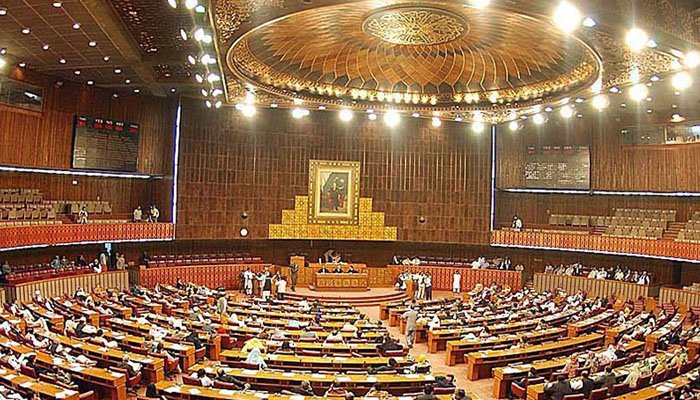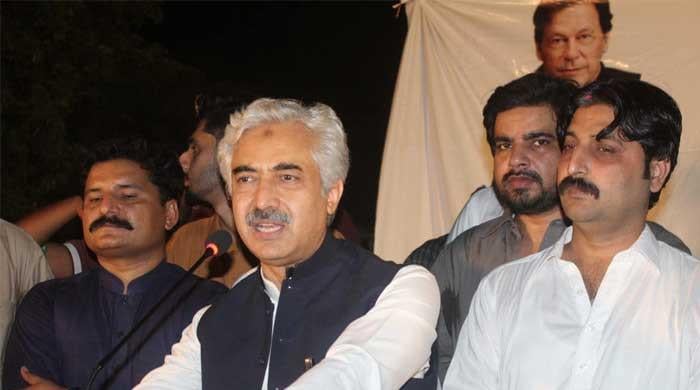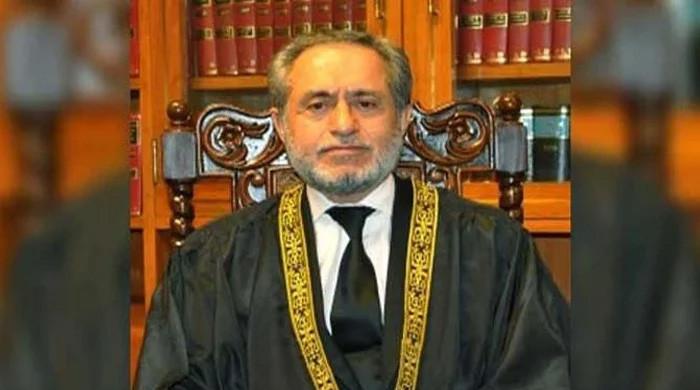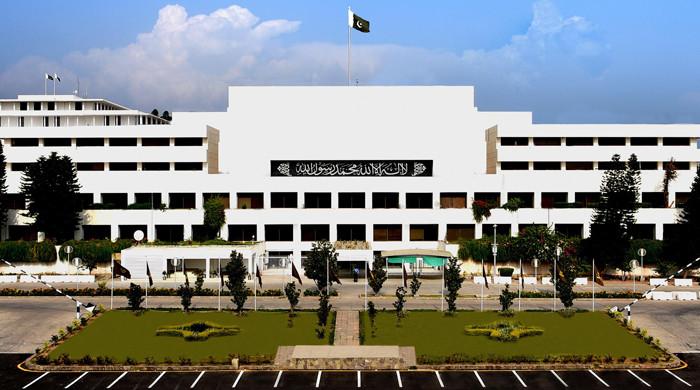Vote of confidence: Which prime ministers have won it so far?
Nawaz Sharif had sought a voluntary vote of confidence in 1993 after the SC reinstated him.
March 05, 2021

- Imran Khan is the second prime minister to go to the NA for a voluntary vote of confidence.
- Prior to PM Imran Khan, Nawaz Sharif had sought a voluntary vote of confidence in 1993 after the SC reinstated him.
- Muhammad Khan Junejo was the first prime minister in the parliamentary history of the country to receive a vote of confidence from the NA.
Imran Khan is the second Prime Minister in the history of Pakistan who is going to the National Assembly for a 'voluntary' vote of confidence.
Prior to PM Khan, Nawaz Sharif had sought a voluntary vote of confidence from the Parliament after his reinstatement was granted by the Supreme Court in 1993.
Muhammad Khan Junejo was the first prime minister in the parliamentary history of the country to receive a vote of confidence from the National Assembly, which he received on March 24, 1985, under General Zia-ul-Haq's Revival of Constitution of 1973 Order (RCO).
Under the RCO, the president appoints the prime minister at their discretion and the prime minister must obtain a vote of confidence from the National Assembly within 60 days of their appointment.
Under the Eighth Amendment to the Constitution, all prime ministers of Pakistan, from 1985 to 2008, received a vote of confidence from the National Assembly. These included the late Benazir Bhutto, Mian Muhammad Nawaz Sharif, Mir Zafarullah Jamali, Chaudhry Shujaat, Shaukat Aziz, and Yousuf Raza Gilani.
After being reinstated by the Supreme Court in 1993, Nawaz Sharif had voluntarily sought a vote of confidence from the National Assembly again.
In 2009, the 18th Amendment removed the provision for a vote of confidence from the Constitution.
Which two prime ministers had the no-confidence motion tabled against them?
In parliamentary history, Two prime ministers faced a no-confidence motion, however, both of them defeated it. On November 1, 1989, a no-confidence motion against Benazir Bhutto failed by 12 votes. Similarly, a no-confidence motion against Shaukat Aziz in August 2006 also failed.
According to the Constitution, if the president feels that the prime minister has lost the confidence of the majority in the National Assembly, he convenes a meeting and asks the prime minister to take a vote of confidence.











